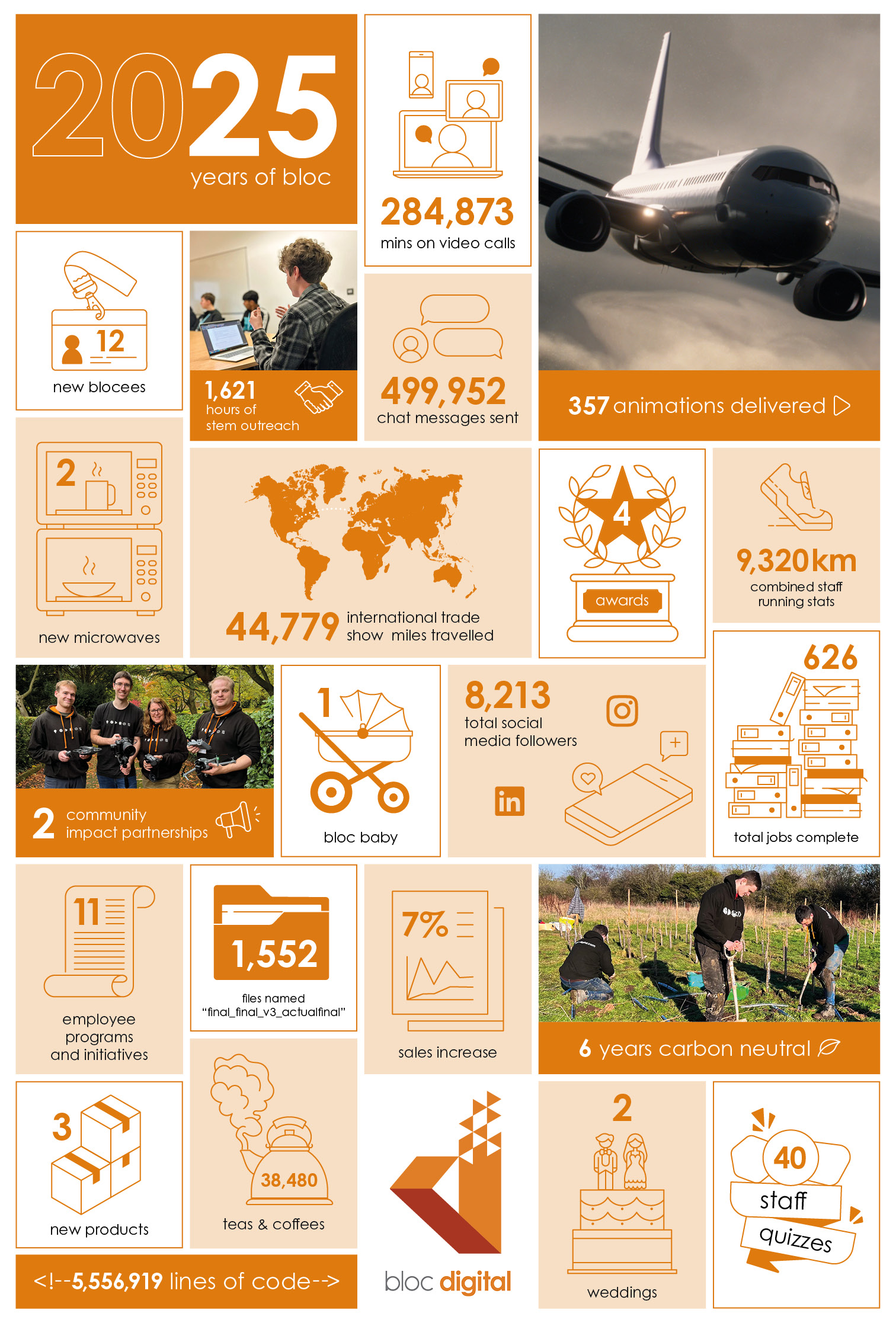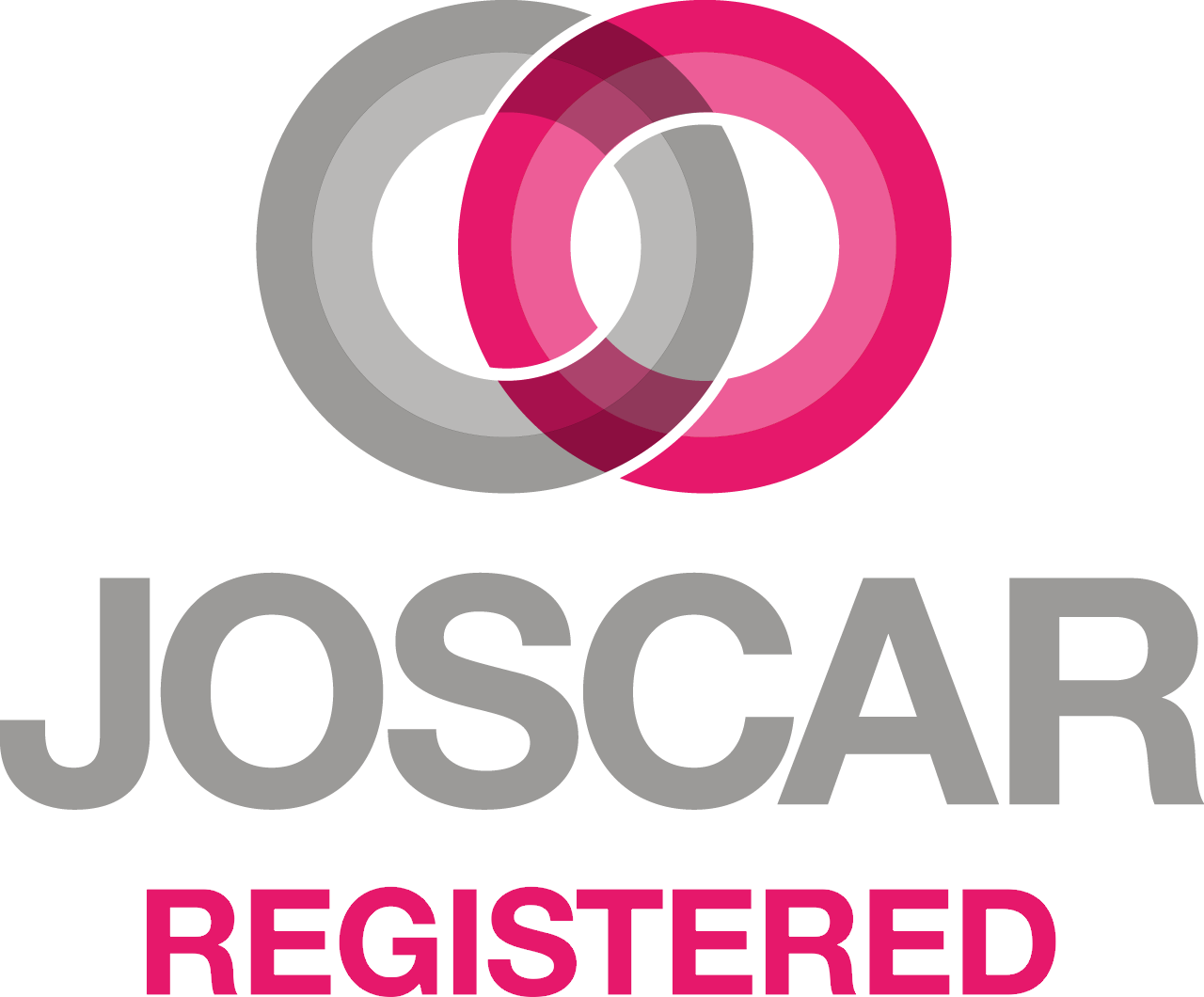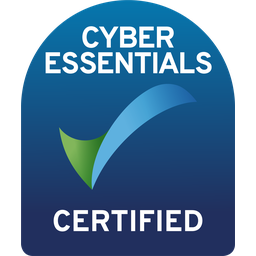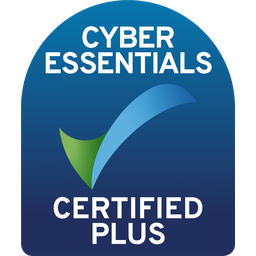News

2025: Our Year In Numbers
As we move into 2026, we’re reflecting on an amazing year at Bloc, sharing our favourite facts and figures from the past 12 months...
-bloc-digital.jpg)
Building a brighter future with Over the Wall Camp
Making a difference together and using our skills for good we supported Over The Wall Camp on their expansion into their new home at Ockbrook.
-bloc-digital.jpg)
Bloc Wins First-Ever Derby Honorary Partnership Award
We’re proud to be named the University of Derby’s new Honorary Partnership Awardee. Celebrating outstanding collaboration.
-bloc-digital.jpg)
Supporting emerging talent with Derby College T-level students
We teamed up with Derby College to provide T-Level students with a festive-themed Web App task, designed to develop their creative and front-end skills.
-bloc-digital.jpg)
Championing dedication with Bloc Digital Longevity Awards
At Bloc, our people are at the core of everything we do. Our Blocees grow their careers with us, often for the long haul, and we’re proud to celebrate every key milestone!
-bloc-digital.jpg)
Celebrating 50 years of Knowledge Transfer Partnerships
Bloc joined the University of Derby in celebrating the legacy of Knowledge Transfer Partnerships (KTPs), highlighting successful academia-industry collaborations.


